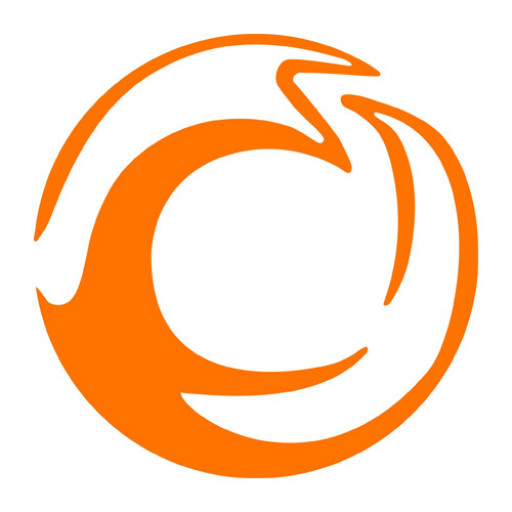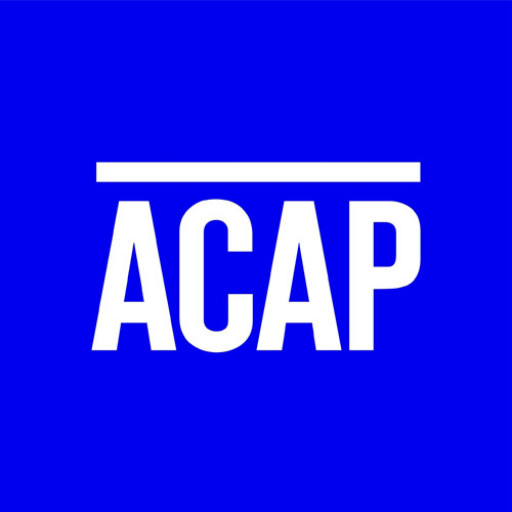The Bachelor of Counselling and Psychotherapy at Edith Cowan University is a comprehensive undergraduate program designed to prepare students for a rewarding career in mental health support and therapeutic services. This program provides a solid foundation in psychological theories, counselling techniques, and ethical practice, enabling graduates to assist individuals facing a range of emotional, behavioural, and mental health challenges. Throughout the course, students engage in theoretical learning supported by practical experience, including supervised placements that foster real-world skills and confidence. The curriculum covers core areas such as human development, counselling strategies, mental health issues, crisis intervention, and multicultural considerations, ensuring graduates are well-equipped to work effectively with diverse populations. Emphasizing contemporary practices and evidence-based approaches, the program also encourages the development of critical thinking and reflective practice. Students will learn to build therapeutic relationships, assess client needs, and implement tailored interventions within various settings, including community agencies, schools, and private practice. The program is designed for those passionate about making a positive difference in people's lives through compassionate, ethical, and professional counselling. Graduates of this degree are qualified to pursue further studies in psychotherapy or related fields, or to register with professional bodies that support counselling and mental health practitioners. The Bachelor of Counselling and Psychotherapy at ECU aims to produce skilled, empathetic, and culturally competent professionals committed to promoting mental wellbeing and resilience in the communities they serve.
Program Overview:
The Bachelor of Counselling and Psychotherapy at Edith Cowan University is designed to prepare students for a rewarding career helping individuals, couples, families, and communities to improve their mental health and well-being. Throughout the program, students will develop a comprehensive understanding of human psychology, counselling theories, and psychotherapy techniques, combining theoretical knowledge with practical applications. The curriculum emphasizes evidence-based practice, ethical considerations, cultural competence, and effective communication skills to ensure graduates are well-equipped to provide high-quality counselling services across diverse settings.
Course Content and Structure:
The program integrates foundational studies in psychology and counselling with specialised subjects in psychotherapy, mental health assessment, and intervention strategies. Students engage in a variety of learning experiences, including lectures, tutorials, case studies, role-playing exercises, and supervised practicum placements. These placements offer real-world experience, enabling students to apply their skills in clinical environments under professional supervision. Key topics covered include counselling frameworks, therapeutic relationship building, trauma-informed care, developmental psychology, and crisis intervention. Additionally, students explore issues related to multicultural counselling, ethical dilemmas, and current research in mental health.
Practical Experience:
A significant component of the program is the practical training component, where students gain hands-on experience through supervised clinical placements in community health centres, private practices, or hospital settings. These placements are essential for developing counselling competencies, ethical practice, and professional confidence. Throughout this process, students receive ongoing feedback and mentorship from experienced practitioners, ensuring they meet the industry standards required for registration and accreditation.
Career Outcomes:
Graduates of the Bachelor of Counselling and Psychotherapy are prepared to work in a variety of settings, including mental health clinics, schools, hospitals, community organisations, and private practice. The degree provides a solid foundation for those seeking to pursue postgraduate studies in counselling, psychotherapy, or related fields. Alumni often find rewarding roles as mental health counsellors, psychotherapists, behavioural health specialists, or in supportive roles within broader health services.
Research and Continuing Education:
The program encourages a spirit of inquiry and lifelong learning, with opportunities for students to engage in research projects, attend professional development workshops, and participate in industry seminars. The university's strong ties with the health and mental health sectors facilitate networking and employment opportunities, supporting students' transition into the workforce.
Overall, the Bachelor of Counselling and Psychotherapy at Edith Cowan University offers a comprehensive, practice-oriented education that prepares graduates to make meaningful and positive impacts in people's lives through professional counselling and psychotherapy services.
University entry requirements apply. All applicants have to have a three year degree from a recognised university, and wait for an interview. Applicants will be asked to supply a written application and wait for an interview if they have been short listed. Preference will be given to applicants with two years full time (or equivalent) experience in an official counseling role. It is desirable that University entry requirements apply. All applicants have a three-year degree from a recognised school, in an area such as social work, psychology, medicine, occupational therapy, nursing, and theology or human services.
The Edith Cowan University offers various financial support options for students enrolled in its Counselling and Psychotherapy programs. Students can explore options such as government-funded FEE-HELP loans, which assist eligible domestic students in covering tuition fees without requiring upfront payment. FEE-HELP is a government loan scheme that allows students to defer their fees until they complete their studies and enter the workforce, at which point they can gradually repay the borrowed amount through their tax. To qualify, students must meet specific criteria, including Australian citizenship or a valid visa status and enrollment in a course approved for FEE-HELP assistance.
International students enrolled in the Counselling and Psychotherapy program are generally responsible for paying their tuition fees upfront or through alternative financial arrangements, as FEE-HELP schemes are typically not available to them. For these students, the university recommends exploring scholarships, grants, or education loans available through private financial institutions or government initiatives in their home countries.
ECU also offers scholarships aimed at supporting higher education access and success. These scholarships may be based on academic merit, financial need, or specific criteria such as Indigenous status or regional background. Applicants are advised to carefully review the eligibility requirements and application procedures on the university’s Scholarships page, as availability and criteria can vary from year to year.
Students are encouraged to plan their finances carefully, considering additional costs such as textbooks, materials, and commuting expenses. The university provides financial counseling services to help students develop budgets and explore payment options. Furthermore, students can consider part-time employment opportunities both on and off-campus to support their studies financially.
In summary, ECU provides a range of financial support options for domestic students through government loans like FEE-HELP, along with scholarship opportunities based on merit and need. International students should explore alternative funding sources and scholarships specific to their circumstances. Planning ahead and seeking guidance from university support services can help students effectively manage the costs associated with the Counselling and Psychotherapy program, ensuring they can focus on their academic and professional development without undue financial stress.
The Bachelor of Counselling and Psychotherapy at Edith Cowan University is designed to provide students with comprehensive training in the skills and knowledge necessary to support individuals experiencing mental health issues, emotional difficulties, and life challenges. The program emphasizes the development of theoretical understanding alongside practical competencies, ensuring graduates are well-equipped to work effectively within diverse counselling and psychotherapy settings. Throughout the course, students explore core topics such as human development, psychology foundations, ethical practice, and intervention strategies. The curriculum is structured to include a combination of lectures, seminars, and supervised practical placement experiences, allowing students to translate their academic learning into real-world applications.
ECU's counselling program is accredited and aligns with industry standards, preparing students for professional practice or postgraduate study. Students have opportunities to engage in practical placements in community agencies, mental health organizations, and private practice settings, gaining valuable hands-on experience. The program also encourages the development of reflective practice and cultural competence, recognising the importance of understanding diverse client backgrounds and needs.
Graduates of the Bachelor of Counselling and Psychotherapy are prepared for employment in various roles, including mental health support worker, community counsellor, and employee assistance program consultant. Many graduates also pursue further postgraduate education to specialize further or enhance their credentials. The university supports students through access to experienced faculty, modern facilities, and a strong network of professional partners to facilitate ongoing learning and career development.
Overall, this program aims to cultivate compassionate, ethical, and skilled professionals capable of making meaningful differences in the lives of individuals and communities facing psychological challenges. Its comprehensive curriculum, combined with practical training, ensures graduates are confident to enter the mental health field and contribute positively to society's wellbeing.







